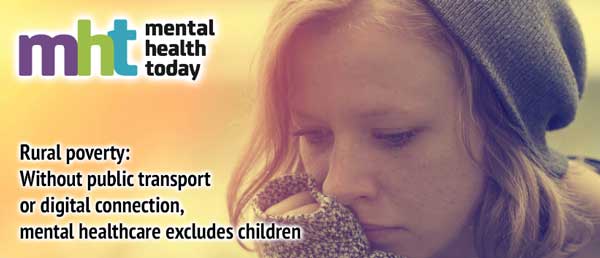Rural poverty: Without public transport or digital connection, mental healthcare excludes children
More support is needed for young people’s mental health in coastal and rural areas, a Centre for Mental Health report shows.
Children living in remote rural and coastal communities in the UK are at risk of missing out on mental health support, says a report published today by Centre for Mental Health.
“While rural life can be good for mental health, children growing up in poverty, with disability or in a marginalised or oppressed community face a high risk of poor mental health with little support close to home.”
The space between us, by Louis Allwood, explores evidence about the mental health and wellbeing of children aged between 8 and 13 years living in isolated communities across the UK. Funded by BBC Children in Need, The space between us finds that children living in remote areas face isolation and struggle to get help for their mental health because of poor transport, a lack of safe spaces to meet in and poor digital connectivity.
Children living in poverty, disabled children, children from marginalised communities and children whose gender or sexual identity is different to most of their peers face especial disadvantages in remote and rural areas. Rural poverty is less visible than in urban areas but can leave children especially isolated and excluded.
Share This Post:









Leave a Reply